The Thinking of Reasonable Minds
All things, sentient and non-sentient, affect their environment. This new environment is the one to which all things must now adapt. When in general balance, the ecosystem provides the resources needed by organisms and cleans and re-integrates the wastes. One’s waste is another’s resource.he Thinking of Reasonable Minds
The United Nations Millennium Ecosystem Assessment (1, 2) published its findings in 2005 on the state of the world’s ecosystems. Ecosystem services include such things as water supply, waste treatment and detoxification, water purification, air purification, erosion regulation, etc. Nature provides these freely. Of the 24 services measured, 15 were found to be degraded or used unsustainably.
Included in its findings:
1. “Over the past 50 years, humans have changed ecosystems more rapidly and extensively than in any comparable period of time in human history. This has resulted in a substantial and largely irreversible loss in the diversity of life.”
2. “These changes… contributed to net gains in human well-being and economic development, but at growing costs… degradation of many ecosystem services… increased risks of nonlinear changes… exacerbation of poverty. These problems, unless addressed, will substantially diminish the benefits that future generations obtain from ecosystems.”
3. “The degradation of ecosystem services could grow significantly worse during the first half of this century…”
4. “… reversing the degradation… involve significant changes in policies, institutions, and practices that are not currently under way.”
Further notes from the Millennium Ecosystem Assessment:
Even with the devastation wrought by our species and despite the great gains in food production, still:
• 852 million people are undernourished
• 1.1 billion people lack access to improved [clean] water supply
• more than 2.6 billion lack access to improved sanitation.
• Water scarcity affects 1 – 2 billion people
• 1.7 million people die annually from inadequate water, sanitation and hygiene
Now, for the future:
• 2.5 billion more people are expected by 2050 (United Nations)
• 9 billion people are projected to continually inhabit the earth for two-hundred-fifty years following (United Nations, World Population in 2300)
• World economy is expected to increase 10-fold by 2100. (IPCC)
Conclusion: Already, with a population of 6.6 billion people the earth can neither provide the resources we require of it nor clean our wastes in a sustainable manner. Yet, more people are expected to use far more resources for at least the next three hundred years. Key limiting resources such as ground water, land and fossil fuels are already strained, and yet somehow, miraculously, this experiment – call it, The Civilization Project – is supposed to chug along uninterrupted. With even fewer resources and a more degraded global ecosystem, the “developing countries” such as China, India and Indonesia are to ostensibly achieve the levels of comfort, luxury and high employment that First World Countries (1, 2) presently enjoy. Environmental unsustainability leads to economic sustainability: this is the thinking of most highly-educated and reasonable minds.
http://en.wikipedia.org/wiki/Ecosystem
http://en.wikipedia.org/wiki/Millennium_Ecosystem_Assessmen
http://www.millenniumassessment.org/en/index.aspx
http://www.m-w.com/cgi-bin/dictionary?book=Dictionary&va=sustainable
http://en.wikipedia.org/wiki/Nonlinearity
http://www.un.org/News/Press/docs//2007/pop952.doc.htm
http://www.google.com/search?hl=en&q=u+n+population+projections+2200&btnG=Search
http://www.grida.no/climate/ipcc/emission/043.htm
http://en.wikipedia.org/wiki/First_World
